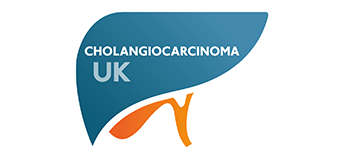Causes and risk factors
What causes cholangiocarcinoma (bile duct cancer)?
The exact cause of cholangiocarcinoma is unclear. It is likely that this cancer arises due to a combination of factors, including other illnesses that cause chronic damage to the liver and/or bile ducts, certain toxins and possibly a small genetic predisposition, although it is not a directly inherited disease.
Although most cases of cholangiocarcinoma occur in people over 60 years of age, it appears to be increasing across all age groups including younger people. The cause of this ongoing rise is currently unknown, although several potential risk factors have increased globally over recent decades and may be contributing to the rising rates.
The following risk factors are all accepted by scientists to increase the likelihood of developing cholangiocarcinoma:
- Primary sclerosing cholangitis (PSC)
PSC, a condition where the bile ducts are chronically inflamed, is the commonest known predisposing cause of cholangiocarcinoma. - Choledochal cysts
Choledochal cysts are connected to the bile duct and fill with bile. Read More - Bile duct stones
Stones can develop in the common or hepatic bile ducts after infection or because of the slow movement of bile through the ducts. These stones can irritate the duct lining and cause inflammation, which can slightly increase the risk of cholangiocarcinoma. - Liver fluke
In Southeast Asia, where cholangiocarcinoma is relatively common, associated risk factors include liver flukes and chronic typhoid, neither of which occurs in the Western world. To read more about liver fluke and cholangiocarcinoma in Thailand, click here.
Other risk factors
Other recognised risk factors include gallstones which have remained stuck in the bile ducts for a long time; and exposure to certain toxins. (One known toxin is Thorotrast, which was an X-ray contrast agent used several decades ago.)
There is some evidence that long term liver damage of any cause, such as chronic viral hepatitis B or C, and alcohol may also be risk factors for cholangiocarcinoma. Newly discovered likely risk factors include obesity, diabetes and fatty liver disease. There are also some other emerging risk factors for CCA, eg, asbestos, metabolic syndrome, which may be contributing to the global increase. All these factors are suspected but not definitely proven to cause this disease, and further research is needed.
However, the majority of people diagnosed in the West with cholangiocarcinoma have none of the risk factors mentioned above, their cholangiocarcinoma develops sporadically (ie, no known cause).
- To read the paper “Cholangiocarcinoma: Epidemiology and risk factors” (Shahid A Khan, Simona Tavolari, Giovanni Brandi), published in 2019 in the journal Liver International, which gives current findings on the causes and risk factors of cholangiocarcinoma, click here
- To read the research article from Imperial College London, “Risk factors for intrahepatic and extrahepatic cholangiocarcinoma: A systematic review and meta-analysis” published in the Journal of Hepatology in 2019, click here
What causes gall bladder cancer?
Gallbladder cancer is more likely to occur in people who have a history of gallstones or in people who have inflammation of the gall bladder (cholecystitis). However, most people who have gallstones or an inflamed gall bladder won’t develop gall bladder cancer.







